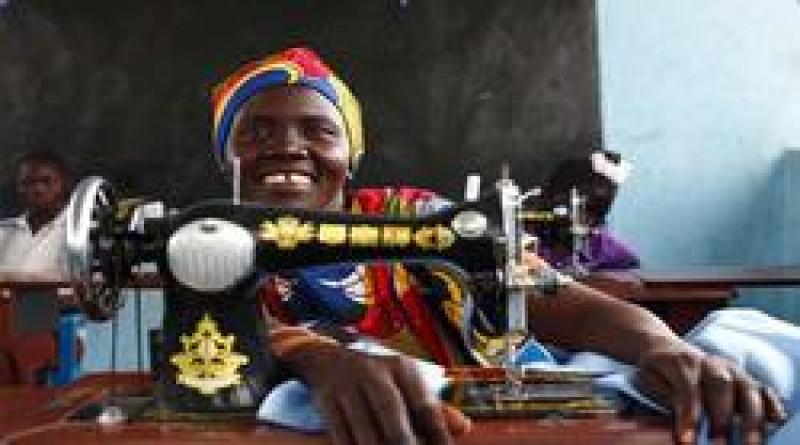

Juba – The Sudan Recovery Fund- Southern Sudan (SRF_SS) supports State stabilization programmes, one of the key pre-referendum priorities identified by the Government of Southern Sudan (GoSS) and the United Nations. Significant number of returnees and Internally Displaced Persons (IDPs) are coming back to Jonglei State and Lakes State, states receiving USD 17 million each in stabilisation assistance from the SRF-SS. Stabilisation assistance programmes are also being developed for Warrap State and Eastern Equatoria State, states with high numbers of returnees.
Juba - Five years after the signing of the CPA and four months ahead of the possibly decisive referendums in Southern Sudan and Abyei, the Government of Southern Sudan (GoSS) and the United Nations are jointly focusing on specific priorities and crucial challenges to be addressed before, during and after the referendum.
This joint focus is based on a careful assessment of conditions and trends, a deep awareness that cooperation among all partners is imperative, and a conviction that available resources should be deployed efficiently and effectively. GoSS, for its part, has resolved to focus on five paramount issues:
1. To ensure that a credible referendum takes place as agreed in the CPA during early January of 2011;
2. To accelerate cementing and enhancing the capacity of state institutions and to reinforce good governance at all levels of government;
3. To diversify the economy away from the near exclusive reliance on oil receipts and to enhance food security throughout the South;
4. To continue to improve physical and human security and increase the capacity of the Southern Sudan law enforcement agencies;
5. To expand the access to basic social services, including education, health care, availability of clean water, and to reduce levels of maternal mortality.
The 21 UN agencies, funds and programmes in Southern Sudan support the above issues by focusing jointly on four key areas that matter most in the final year of the transition period between the signing of the CPA (2005) and the referendum (2011). These areas are respectively:
1. Humanitarian Action: the UN will continue all efforts to meet humanitarian needs where they exist in Southern Sudan. These needs flow from precarious food security with nearly half the population requiring some form of food aid and malnutrition remaining a major concern. The situation will deteriorate further if the next harvest fails and if security conditions worsen.
2. Stabilization: UN Agencies are helping to stabilize the states faced with insecurity and those counties that are receiving or producing the largest number of Internally Displaced Persons (IDPs) and returnees. The aim is to “flip” the worst-affected counties before the referendum. The SRF has recently expanded its state stabilization assistance to include the states of Warrap and Eastern Equatoria, in addition to the stabilization assistance to Jonglei and Lakes States, which started in 2009.
3. Protection of Civilians: UN partners work together with the authorities at all levels to reduce violence, particularly during forced disarmament and in areas with significant political opposition. In 2010 alone so far, 175 incidents of tribal fighting or other forms of insecurity with humanitarian impact have been reported, particularly in Jonglei, Warrap, Unity, and Lakes States. In these incidents, over 800 civilians have been reported killed and more than 167,500 persons have been newly displaced. In response, a protection cluster has been established under the leadership of UNHCR and new liaison arrangements with the SPLA have been agreed.
4. State Support: the UN is helping the ten states of Southern Sudan to increase the capacities of the state governments to care for their populations and to execute their core functions such as the maintenance of law and order, and the provision of basic social services. The UN and GoSS have agreed that investing in stabilization initiatives is the most efficient and effective exit strategy from emergency programmes and a necessary condition for reaching GoSS' five big goals. The integrated support to the four broad areas forms the response by the UN Agencies in Southern Sudan to the United Nations Security Council Resolution 1919 of 29 April 2010, which, among other things, encourages “comprehensive preparedness efforts by the United Nations in view of the upcoming referendum including the need for increased humanitarian and development assistance’’.
This article has been published in the September 2010 issue of the SRF-SS Newsletter.